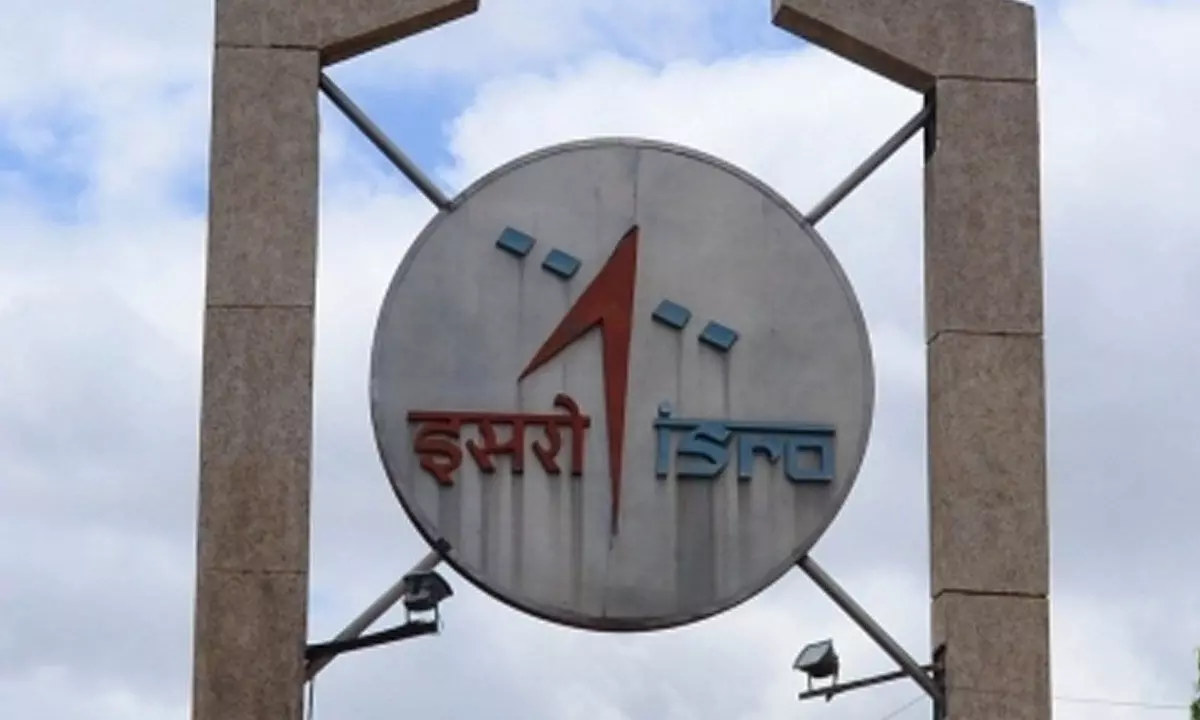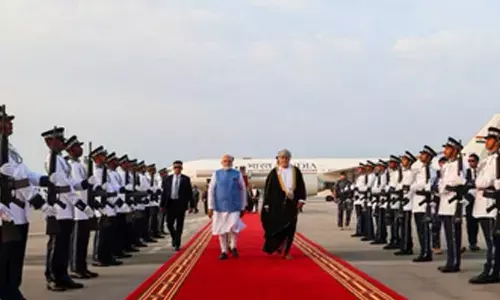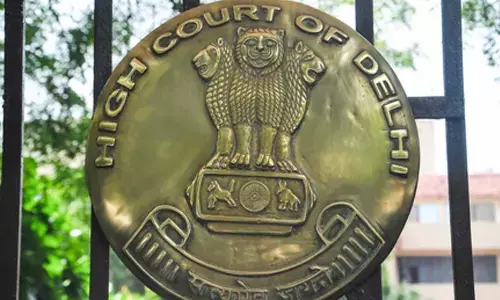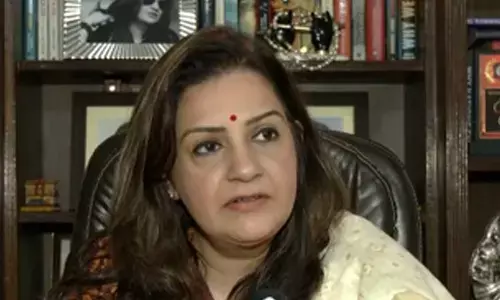ISRO aims to launch QKD satellite, Ahmedabad to play key role
Share :

ISRO aims to launch QKD satellite, Ahmedabad to play key role
The Indian Space Research Organisation (ISRO) aims to launch its own Quantum Key Distribution (QKD) satellite, with Ahmedabad poised to play a pivotal role in the development of the nation's secure and unhackable quantum communication capabilities.
Ahmedabad: The Indian Space Research Organisation (ISRO) aims to launch its own Quantum Key Distribution (QKD) satellite, with Ahmedabad poised to play a pivotal role in the development of the nation's secure and unhackable quantum communication capabilities.
The announcement came during the inaugural session of the Param Vikram 1000 High-Performance Cluster (HPC) computing facility at the Physical Research Laboratory (PRL).
Under this initiative, a team of scientists from PRL, in collaboration with ISRO-Space Applications Centre (SAC) and several other institutions, will work over the next two years to propel the advancements in quantum communication technology.
Notably, ISRO-SAC achieved a significant milestone in March 2020 by demonstrating free-space quantum communication across a distance of 300 meters. Building on this achievement, PRL's Thaltej campus embarked on a series of experiments to further explore the potential of this cutting-edge technology.
During the event, ISRO Chairman S Somanath highlighted the team's expertise in short-range optical quantum communication specifically in Ahmedabad, where they successfully transmitted data over 300 meters.
The ultimate goal is to integrate this technology into ISRO's satellites, enabling closed-loop communication with minimal signal attenuation through QKD. However, further enhancements are required to realize this vision.
Somanath reaffirmed ISRO's commitment to continuous refinement of the technology and its integration into future satellite launches.
QKD relies on the principles of quantum physics rather than traditional mathematical calculations, making it an exceptionally secure method of communication. At the heart of quantum communications and cryptographic systems, QKD ensures robust data transfer with unrivalled security.
In QKD, classical bits representing "0" and "1" are transmitted over a network as data, such as emails, video calls, or banking transactions.
Simultaneously, the decryption keys are transmitted as quantum entangled states known as qubits. These qubits, encoded into a polarized photon beam generated by a single photon or light source, carry binary values.
Any attempt to intercept or eavesdrop on the transmission disrupts the quantum nature of the encrypted key, immediately alerting the parties involved. This characteristic makes QKD an exceedingly secure method of data transfer.



















